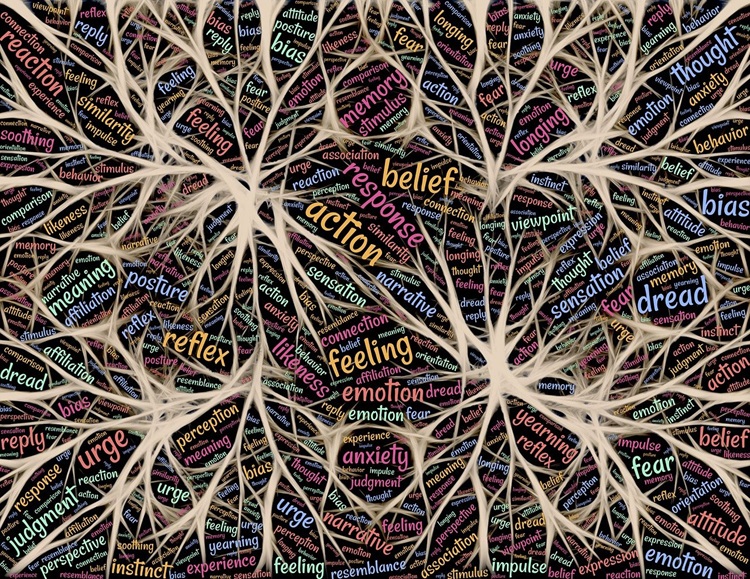Psychological and Societal Effects of UBI: Life Beyond the Age of Work

Introduction
As discussions around Universal Basic Income (UBI) intensify—particularly in the looming shadow of AGI—debate is shifting beyond economics and logistics to deeper questions about human happiness, purpose, and social cohesion. What happens when survival is guaranteed, and wage labor fades in significance? This article explores how UBI could reshape the psychology of individuals and the fabric of society, envisioning both positive possibilities and potential pitfalls.
UBI’s Psychological Impact: From Anxiety to Opportunity
Alleviating Chronic Stress and Insecurity
Financial insecurity is a leading source of anxiety globally:
- UBI guarantees a safety net, reducing worries about unemployment, illness, or economic shocks.
- Recipients of UBI pilots (Finland, Kenya, Stockton) reported less stress, improved sleep, and enhanced overall well-being.
Mental Health and Emotional Resilience
By shielding individuals from daily survival pressures, UBI can:
- Reduce symptoms of depression, social isolation, and despair.
- Foster higher levels of hope, ambition, and optimism.
Unleashing Creativity and Motivation
Contrary to the idea that unconditional income breeds laziness, psychological research suggests:
- Security empowers people to take creative and entrepreneurial risks, start businesses, learn new skills, or pursue art.
- Many pilot participants reported engaging more in hobbies, education, volunteer work, and community engagement.Learn more AI Companies in Nairobi, Kenya
Redefining the Role of Work in Human Life
The End of Work as Identity?
For centuries, work has structured lives and offered meaning. As UBI and AGI de-emphasize wage labor:
- Individuals may need to explore new sources of identity: family, hobbies, social activism, spirituality, or lifelong learning.
- A culture of self-actualization could emerge, with fulfillment found outside traditional employment.
Risks of Boredom and Existential Drift
Not all the consequences are rosy:
- Some may struggle with a loss of structure, purpose, or social status previously tied to work.
- A sense of uselessness could spread, particularly where communities fail to provide alternative avenues for meaning-making.Learn more Plant Automation and Installation Company Nairobi Kenya
Societal transition programs—education, community-building, mentorship—will be critical to help citizens navigate this new reality.
Social Cohesion and Community in a UBI World
Strengthening the Social Fabric
With basic needs universally met, people have:
- More bandwidth to participate in civic life, local governance, or mutual aid.
- Opportunities to focus on family, friendship, and social support networks.
Evidence from pilots shows improved trust, reduced crime, and greater grassroots participation in community projects.
Risks of Fragmentation and Inequality
However, without thoughtful implementation:
- Old divides (income, race, region) can persist—or new ones emerge around access, cultural adaptation, or meaning.Learn more Elevated GRP, Galvanized Pressed Panel water tanks
- Societal cohesion may erode if UBI alone is seen as a substitute for all policy rather than a foundation for further investment in health, education, and opportunity.
Human Flourishing: A New Kind of Ambition
Pursuing Meaning and Self-Actualization
Freed from “job-to-survive” pressures, people can pursue:
- Personal growth (education, skill-building)
- Artistic or scientific exploration
- Family, caregiving, volunteering, and civic engagement
Resurgence of Civic and Collective Endeavors
Communities may flourish as citizens collectively address challenges (climate change, inequality, local revitalization) that were previously stifled by economic precarity.
The Importance of Safety Nets in the Age of AGI
As AGI rapidly transforms economies, robust safety nets like UBI:
- Provide a buffer against psychological distress caused by technological disruption.
- Ensure adaptation is a shared, supported journey—with room for everyone to find a new sense of purpose in a post-work world.
Countries that combine UBI with investment in education, participatory democracy, healthcare, and cultural programs are likely to see the strongest psychological and social outcomes.
Conclusion
UBI’s effects extend far beyond money—they touch the soul of society. By liberating individuals from relentless precarity, UBI has the power to reduce stress, unleash creativity, and birth fresh sources of purpose and community. Yet, its success will depend on thoughtful integration, robust community-building, and a shared reimagining of what it means to live a meaningful life in a post-AGI era. Beyond economics, UBI offers a path to collective flourishing—if we’re bold enough to walk it together.





